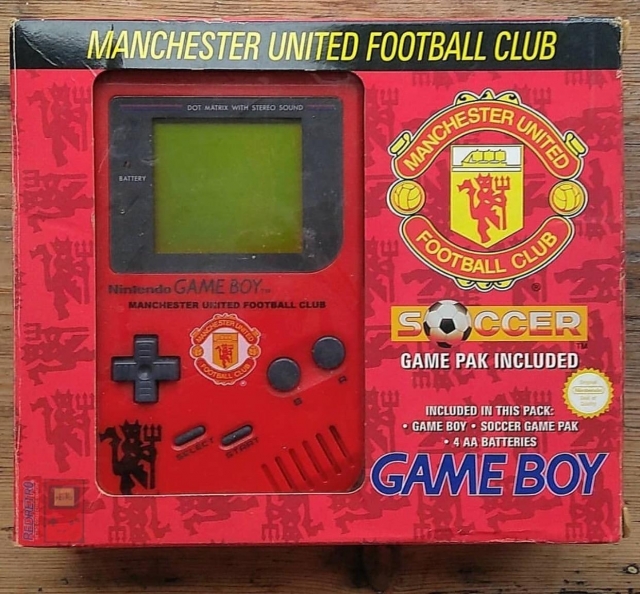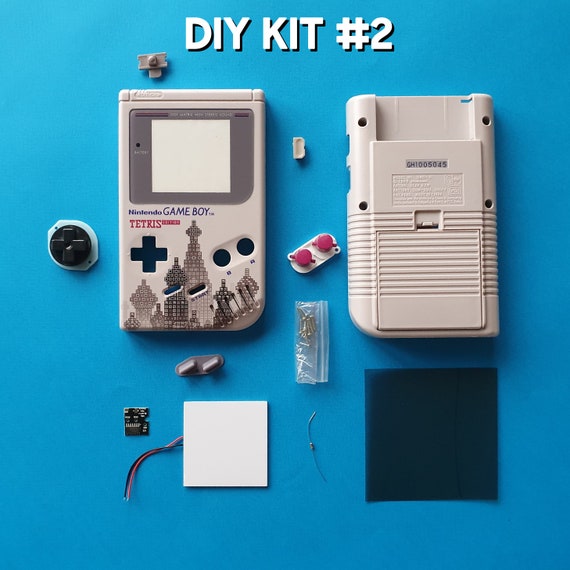

At the same time, GBA helped usher in some important features that would come to define the future of portable gaming.

Flawed, yes, but a worthy conclusion to the Game Boy line. Combined with its brief life - the DS was launched a mere three and a half years into GBA's run - and a library that often felt like leftovers from the Super NES era, the GBA sometimes struggles for proper recognition. The GBA failed to outperform its 8-bit predecessor (the Game Boy family), and its successor (the Nintendo DS line) outshone them both.

While only slightly larger than the Pocket, its sideways physical format contained considerably more processing power thanks to its 32-bit ARM7 RISC chip.ĭespite its successes, though, the GBA can't help but be overshadowed by the even more massive hits that preceded and followed it. The original model Game Boy Advance side-by-side with one of its predecessors, the Game Boy Pocket. In fact, Game Boy Advance sits comfortably as one of the top 10 best-selling consoles of all time, and it initially placed in the top five before being edged out (just barely) by PlayStation Portable, Xbox 360, and PlayStation 3 years after its 2008 retirement. And for a certain generation of gamers, GBA lives in their memories as a foundational platform, the way the NES, PlayStation, and Genesis do for millions of older game enthusiasts. To be sure, GBA fared much better at retail, and in the hearts of gamers, than its TV console contemporary all told, Nintendo managed to sell about four times as many GBAs as GameCubes. Like Nintendo's other system hailing from 2001, the GameCube, the GBA feels like an ill-fitting piece in Nintendo's history. Nintendo's Game Boy Advance debuted 15 years ago this week in Japan: March 21, 2001.


 0 kommentar(er)
0 kommentar(er)
